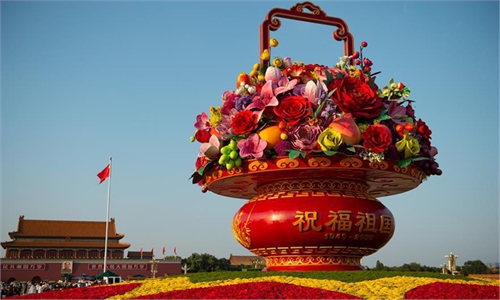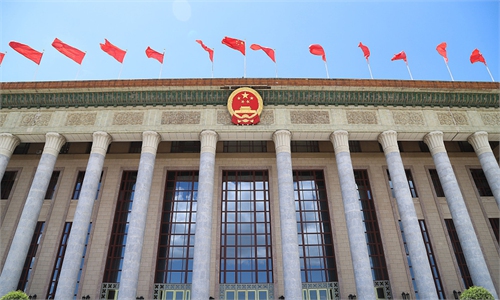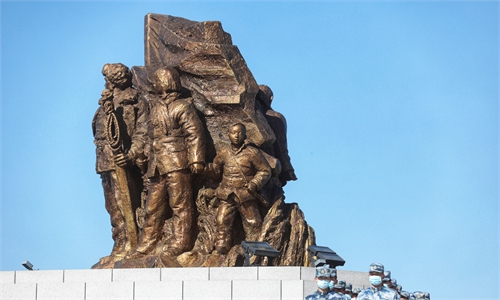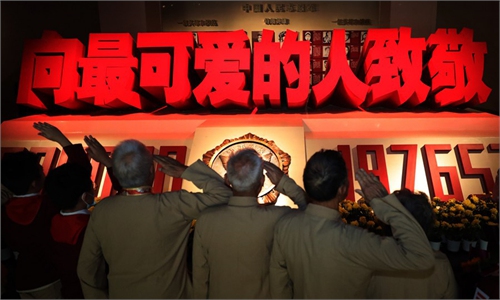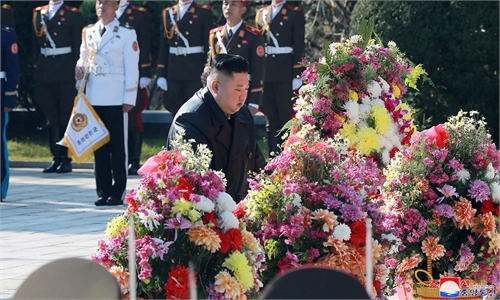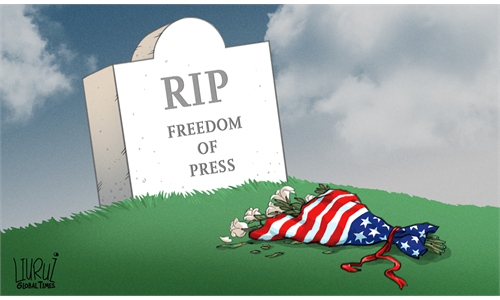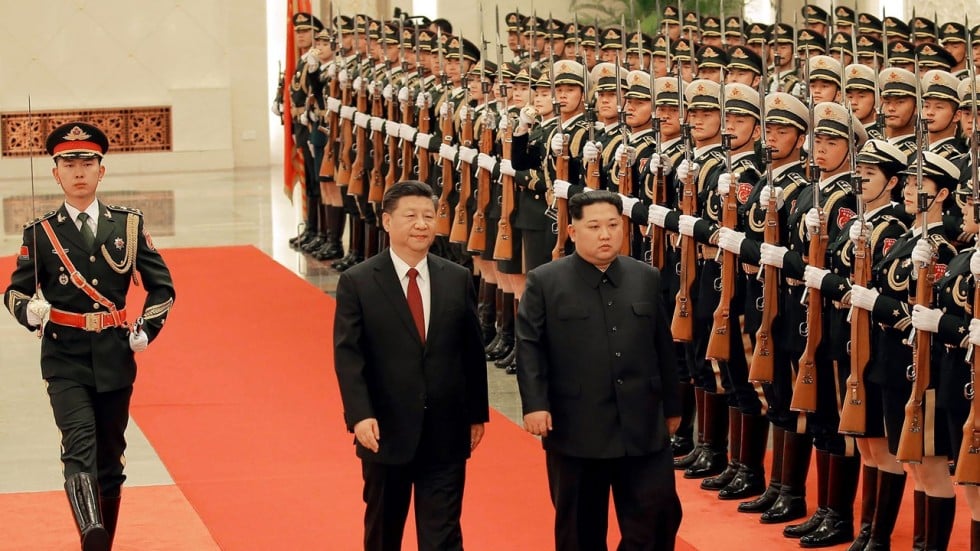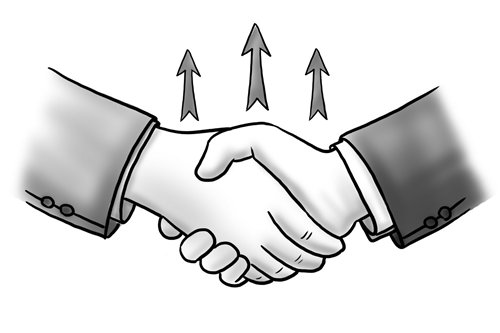&nb
Time to stop bullying...
China has no reason to fear US suppression, the Korea War 1950~53
The Chinese People's Volunteers march across the Yalu River into North Korea in October 1950.
This year marks the 70th anniversary of the Chinese People's Volunteers (CPV) entering the Democratic People's Republic of Korea (DPRK) to fight the War to Resist US Aggression and Aid Korea. Chinese society recently has held grand commemorations of the war breaking out shortly after the founding of People's Republic of China (PRC) to honor heroes and martyrs.
The war was a contest between China and the US when the disparity of strength between the two countries was huge. It has had a profound influence on how China and the US understood each other, as well as the political pattern in East Asia. Different narratives about the 1950-53 war based on different stances have also sprouted. As China's definition of the war is based on facts and also has moral ground, it has withstood the test of time.
There are two key terms concerning China's participation in the war. One is "Resist US Aggression," the other is "Aid Korea."
A civil war erupted on the Korean Peninsula on June 25, 1950, and on the reasons for the outbreak, the two Koreas have stuck to their own versions. The US forced some countries to establish the United Nations Command. Even with the US sophistry, the multinational forces should only restore the 38th Parallel, instead of having invaded the DPRK, trying to erase it from the map. US troops had driven the North Korean army to the banks of the Yalu River bordering China in September 1950, and dropped bombs on Northeast China's Andong (today's Dandong city in Liaoning Province). This was blunt US invasion. It was right for China to enter into the war to resist US aggression and aid Korea.
The War to Resist US Aggression and Aid Korea achieved a great victory. The US army was driven from the banks of the Yalu River back to the south of the 38th Parallel, and was forced to engage in armistice negotiations. Mark Wayne Clark, commander of the United Nations Command, never hesitated to express his disgust at being the first US commander to sign a truce without victory. This is the CPV's victory against the US army. This is a joint victory of China and DPRK against the US aggression.
The victory of the war has established China's national and military prestige, set up the national confidence, and boosted the patriotic enthusiasm of all Chinese people, imposing a very positive strategic impact on the subsequent development and construction of the country. These are authentic historical facts. The War to Resist US Aggression and Aid Korea, as the first glorious monument to the PRC, will shine in history.
In recent years, influenced by the penetration of American and Western values, there have been noises in the public questioning the justification of China's participation in the war. It must be said that some of them have been fooled by the narratives of the US and South Korea. There are also a few activists who just want to deny the PRC by denying the war as well as the respected generation of Chinese founding leaders. They fabricated the so-called historical materials, tried to deny history, and launched realistic ideological struggles.
In 1950, China and the US were not at the same level of development. Even if China received some assistance from the Soviet Union, it still had a fundamental power gap with the US. It is impossible for history to favor the weak and the immoral at the same time. China did defeat the US on the Korean battlefield, because we were the righteous and just side. As we were fighting the American aggressors, Chinese people were highly united in the face of powerful enemies, and the CPV army was too brave to be afraid of sacrifice.
Over 190,000 CPV soldiers never came back to China after that war. They died protecting their home country. Heroes like Huang Jiguang and Qiu Shaoyun have motivated generations of Chinese people. However, some people are following the US and South Korea to smear that war. This is unacceptable and an insult to the martyrs who sacrificed for our country.
The Korean War is often called the "Forgotten War" in the US. Many people would rather forget it because the US lost the war. In recent years, theories that the US won the war have emerged. This is how the US-style ideology shapes the discourse. Some Chinese should not hold high the US banner. It was the people of the PRC who experienced the war, and no one can alter or disgrace that piece of our collective memory.
The War to Resist US Aggression and Aid Korea has left a precious spiritual legacy to today's Chinese people. When China was very poor, it didn't surrender to US pressure and stood out to resist and finally defeat the US on the Korean Peninsula. Today, China has grown to be a strong country, so there is no reason for China to fear the US threats and suppression.
Xi underscores five areas in advancing socialism with Chinese characteristics for new era
Chinese President Xi Jinping on Friday underscored five areas in advancing socialism with Chinese characteristics for a new era when addressing a meeting commemorating the 70th anniversary of the Chinese People's Volunteers (CPV) entering the Korean front in the War to Resist U.S. Aggression and Aid Korea.
War must be fought to deter invaders, Chinese nation will never cower before threats: Xi
Chinese President Xi Jinping said that Chinese people will never sit idly by while China's sovereignty, security and development interests are undermined, and if such situations occur, they will certainly deal with them head-on.
Xi attends event marking 70th anniversary of CPV army in War to Resist US Aggression and Aid Korea
President Xi Jinping and other state leaders attend an event in Beijing Friday to commemorate the 70th anniversary of the Chinese People's Volunteers (CPV) army entering the DPRK in the War to Resist US Aggression and Aid Korea.
China, N.Korea stand together 'for self-protection against US hegemony' like 70 years ago
As China commemorated the 70th anniversary of the Chinese People's Volunteers (CPV) army entering the Democratic People's Republic of Korea (DPRK) in the War to Resist US Aggression and Aid Korea (1950-1953), the DPRK, or North Korea, also held a solemn memorial event to express its gratitude and respect to China's contribution in the 1950s to save the country from being destroyed by the US.
North Korean top leader pays tribute to martyrs of Chinese People's Volunteers Army
North Korean leader Kim Jong-un paid tribute to martyrs of the Chinese People's Volunteers (CPV) Army in Hoechang county on Wednesday, and also paid tribute to Mao Anying, late leader Mao Zedong's eldest son, who died in the Korean War (1950-53), in commemoration of the 70th anniversary of the CPV army entering the North Korea during the War to Resist US Aggression and Aid Korea, North Korean media reported on Thursday.
Chinese people are happy, but some Westerners hate to admit it
Some Western elites just could not stand seeing Chinese people feel happy. They choose to cover up their own issues and disappointment by cursing China or even twisting results of opinion polls. Unfortunately, doing so will not help them turn the tables. Being a part of the West, once so strong, they are not supposed, and accustomed as well, to degenerate like this.
Washington should stop acting hysterically in 'media war'
Washington has gone too far with its arrogant proposition that whatever the US does is right and whatever China does is wrong. Washington is indulging in its fantasies.
Related posts
America's 5 Stages of Grief Over China's Rise - USEmpire Whenever people face a huge loss in life — like a sudden divorce or d.
Coronavirus pandemic updates: Rise of US white supremacy portends new cold war or worse?
https://youtu.be/uR_LfkGwBG8 As readers will recall from the earlier article (above), Japanese and Taiwanese epidemiologists and pharma
https://youtu.be/Y_dU2RCqWs4 FORCED TO SHUT DOWN WHEN VIRUSES LEAKED AUGUST 2019 US SOLDIERS WERE INFECTED 300 HUNDRED CAM

